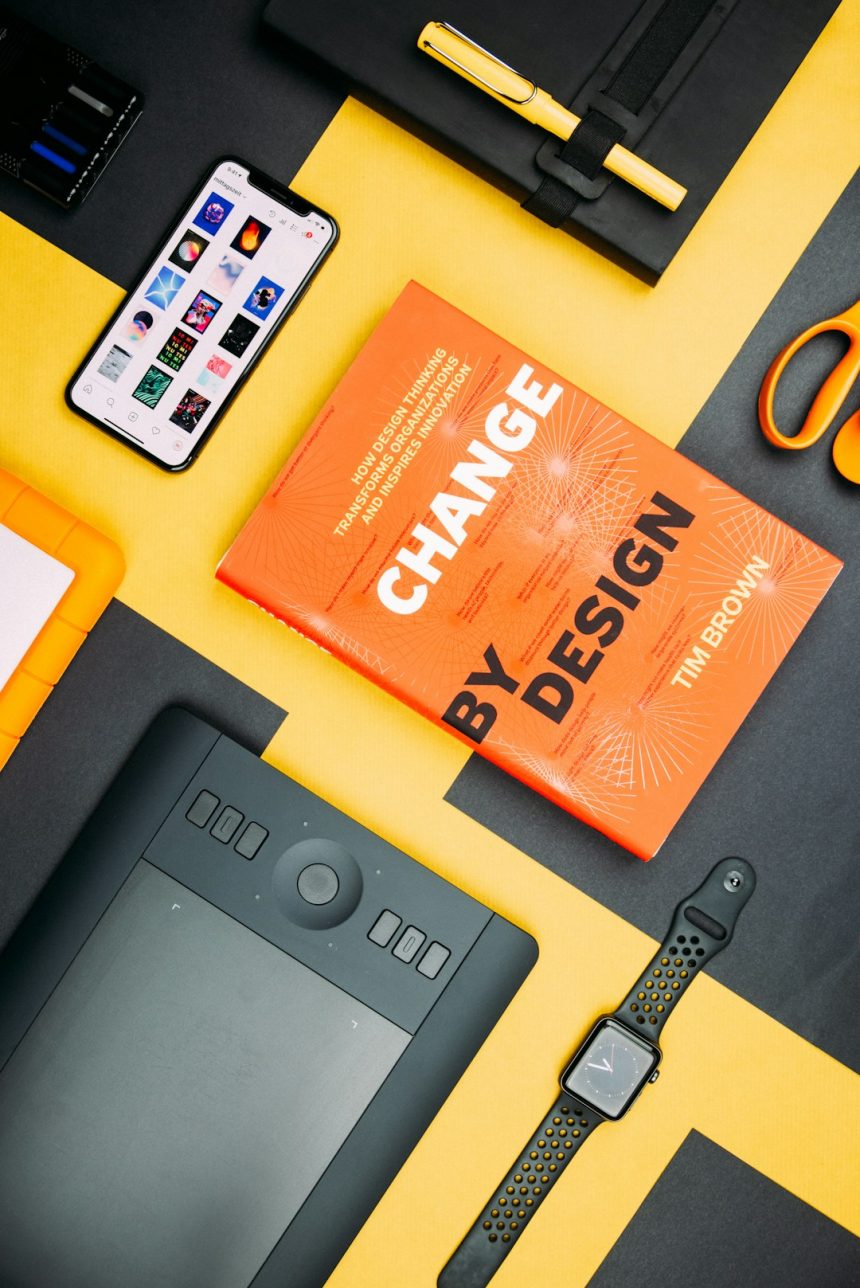In today’s fast-paced digital real estate market, visuals play a pivotal role in drawing the attention of potential buyers and renters. With online listings making up the majority of property searches, striking images are no longer a luxury—they are a necessity. This is where artificial intelligence is reshaping the landscape, particularly through tools like AI HomeDesign, which is offering a bold new vision for real estate photography.
AI HomeDesign utilizes machine learning and sophisticated image processing algorithms to enhance, stage, and even virtually renovate property photos. This revolutionary approach provides more than just aesthetic upgrades—it offers scalable, consistent, and cost-effective solutions for real estate professionals looking to stand out in a saturated market.
The Role of AI in Modern Real Estate Photography
Traditionally, showcasing a property required skilled photographers, physical staging, and sometimes minor remodeling to make the space more appealing. These processes could take days or even weeks. AI HomeDesign significantly shortens this timeline by offering virtually staged images with high visual fidelity and immediate turnaround times.
Key capabilities of AI-enhanced home design include:
- Virtual Staging: Furniture and decor can be digitally added to empty rooms to help buyers visualize the potential of a space.
- Style Simulation: Walls, flooring, and furnishings can be changed to reflect various design styles without physically altering the property.
- Spatial Optimization: AI can analyze and modify room layouts to enhance flow and usability.
[ai-img]virtual staging, digital interior design, modern living room[/ai-img]
Trust Through Transparency
One of the pressing concerns with AI-generated images is the fine line between enhancement and deception. When AI stages or modifies a property photo, it is critical that real estate professionals clearly label these enhancements in listings. Ethical use of AI, supported by clear disclaimers, helps build trust with potential buyers and compliance with advertising standards.
AI HomeDesign emphasizes transparency by enabling watermarks or disclaimers to denote when images have been altered. This reassures viewers that while the visuals are enhanced, the core structure and dimensions remain authentic.
Economic and Environmental Efficiency
The traditional process of staging not only costs thousands of dollars but also has a significant carbon footprint due to the transportation of furniture, use of lighting, and other logistics. AI-based design drastically reduces these inputs.
Consider the benefits:
- Reduced Cost: Virtual staging costs a fraction of traditional methods while delivering comparable results.
- Lower Environmental Impact: No physical materials are moved or used, minimizing waste and emissions.
- Time Savings: Edits are made in hours, not days, allowing for faster time-to-market.
[ai-img]green technology, sustainable real estate, eco friendly home design[/ai-img]
Expanding the Market Reach
AI HomeDesign is also democratizing access to premium property visuals. Smaller agencies or individual sellers who may not have the budget for high-end photo shoots can now present their listings with polished, professional-looking media. This levels the playing field in a competitive industry, enabling broader participation and increased visibility.
Furthermore, internationally located buyers can now view homes with digitally-rendered styles that match regional tastes or cultural preferences, expanding the reach of each listing globally.
Future Developments to Watch
The capabilities of AI HomeDesign continue to evolve. Upcoming features may include:
- 3D Property Tours: AI-generated three-dimensional walkthroughs based solely on still photographs.
- Predictive Design: Algorithms that suggest design choices based on buyer demographics or current market trends.
- AR Integration: Augmented reality tools that allow users to place virtual furnishings in their own homes using mobile devices.
As artificial intelligence becomes more sophisticated, the boundaries between imagination and application are increasingly blurred. The result is a more engaging, informative, and efficient real estate experience.
Conclusion
AI HomeDesign is leading a visual transformation in real estate by combining creative digital tools with analytical intelligence. While the final sale still hinges on the physical reality of a home, the first impression—made online—often determines whether a property garners attention. With ethical use, AI-driven images can become a vital asset in the real estate toolkit, enhancing buyer experience, streamlining industry practices, and ultimately, painting a new picture of what’s possible in property marketing.









